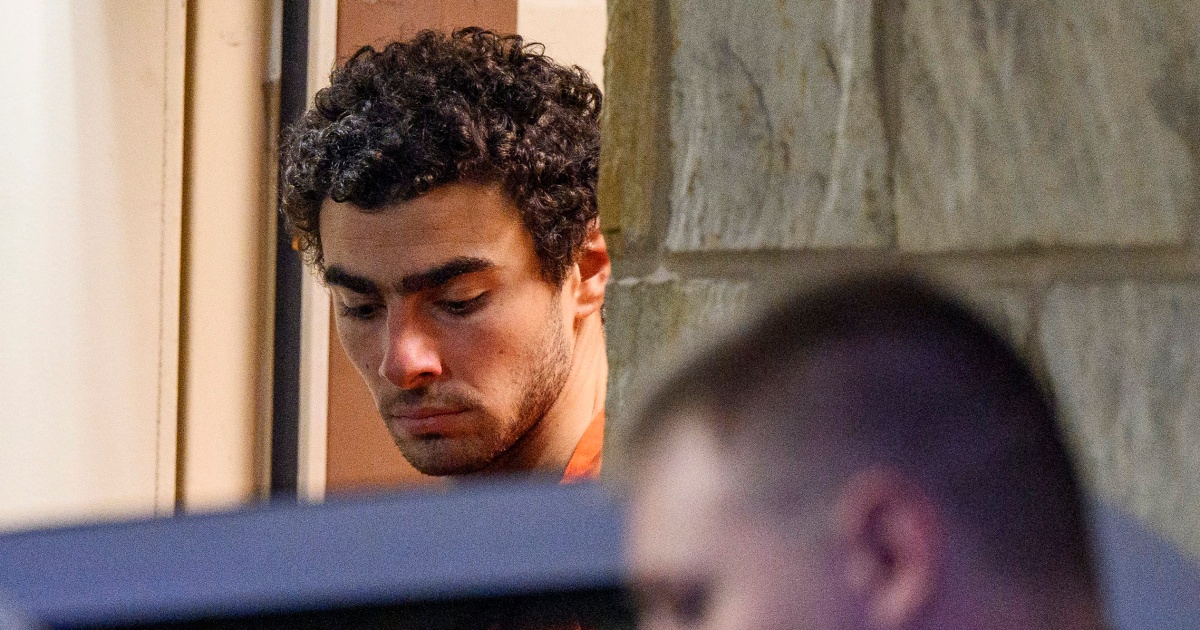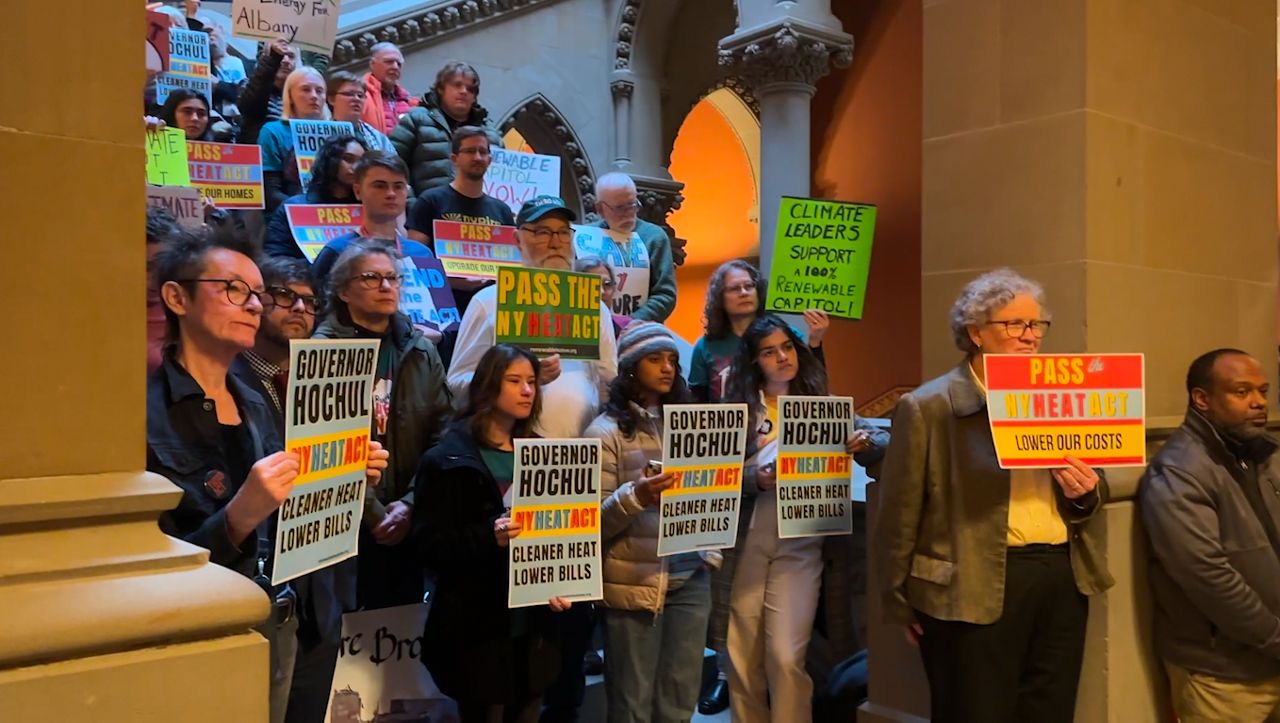Bussiness
These New Yorkers show the true cost of living in a ‘judicial hellhole’ as state’s bloated legal system hampers business

Welcome to New York’s “judicial hellhole.”
Antiquated, inane or plaintiff-friendly Empire State laws that are costing taxpayers and companies an estimated $89 billion a year have also made life hell for everyday New Yorkers.
They include two Suffolk County sisters whose dream of running a Dairy Queens was threatened by a lawsuit filed under a decades-old law that forced them to shell out $780,000 and construction companies compelled to pay out even when workers are injured because of their own negligence.
Attorneys have also apparently been taking advantage of the bloated legal system, including one Long Island-based lawyer recently admonished by a Florida judge.
Here are three cases of life in judicial hell:
Dairy Queen nightmare
Running a Dairy Queen should have been sweet for Suffolk County sisters Michelle Robey and Patricia DeMint.
“This was literally a dream for my sister,” Robey told The Post Thursday. “When we opened, we had sweatshirts that said, ‘Dreams do come true.’”
But all that melted away when they were slapped with a multi-million dollar class action lawsuit, alleging they broke an antiquated state law that requires manual laborers to be paid on a weekly basis.
The suit came after a court ruled that a construction company had to pay up 100% of wages over six years, even though they were actually paid.
Robey and DeMint, as with most business owners, were clueless of the obscure law when they opened their Medford DQ and started paying workers every two weeks.
They later learned the hard way how the law would affect their soft serve business.
An allegedly troubled employee filed a case over overtime payments, which soon blizzarded into the $6 million class action case, accusing them of breaking the antiquated weekly pay law for years.
“It is incomprehensible to us that this can really be a thing, because the worst part about it is that not only can these employees now bring a private right of action – which is fine – but… they have decided that the penalty for this “late payment” is 100% of the late payment,” Robey said. “So basically, they are treating it as if the employees never got paid at all for their second week of work.”
Facing financial ruin, the sisters settled for $750,000.
Robey said the actual payout was capped at $450,000, of which $250,000 went to the lawyers who brought the case.
The remaining $200,000 was split among the 200-odd employees in the class action case, she said.
Scaffold law scams
New York’s scaffold law gives lawyers a lot to hang frivolous or fraudulent suits onto, experts contend.
Construction business leaders gripe they’ve been grappling with the law’s requirement that employers to pay up to workers injured on the job, even if the person who’s been hurt was negligent.
And it has turned into a full-blown racket, according to a recent lawsuit in Manhattan federal court.
Four New York construction companies sued a swath of lawyers, contending the attorneys ran a sophisticated scheme that coordinates runners to stage accidents to pursue fraudulent claims with high-dollar payouts.
“Their scheme is part of a grand, organized and illegal overall scheme to defraud insurance companies and take advantage of New York’s liberal Labor Law worker protections,” the civil racketeering suit contends.
In the RICO lawsuit, the the group ties one family — the Orellana family — to numerous scaffold law complaints.
Andriana Vamvakas, president of Andromeda Advantage, a group that represents exterior restoration businesses, said her companies have seen scaffold law claims jump five times since the start of the COVID pandemic.
She said it’s not hard to spot some of the dubious cases — and some have witnesses who report someone seemingly deliberately hurting themselves.
Others seem to become astronomically more serious after the initial report, she said.
“The other example is when someone has a minor injury where they hurt their finger for example and next thing we know, they’re having five surgeries” Vamvakas said. “So, each of these surgeries are equal to $1 million each.”
Experts say it’s not uncommon for workers to file fraudulent claims in hopes the company will settle instead of dragging out a protracted and more-costly court fight.
They say this is further exacerbated by a largely unregulated lawsuit-lending cottage industry that gives helps these workers fund their bogus claims, sometimes for sky high rates.
Fraudulent fruit cups
He’s a food label chaser.
Long Island-based attorney Spencer Sheehan was sanctioned in a Florida court this summer after a federal judge in the Sunshine State called him out for filing hundreds of mostly-bogus claims about food labels.
Sheehan is a frequent flyer in New York’s bloated courts as well, often filing dubious lawsuits related to food package labels.
In a lawsuit filed Thursday, Sheehan represented a client alleging that supermarket chain Weis Markets is in the wrong for claiming that its generic-brand fruit cup packages are misleading for saying the snacks contain “100% fruit juice.”
A search for cases Sheehan represents in New York civil courts returns over a hundred cases filed over the last decade. His opponents in court include familiar household companies like Walmart, Aldi, Stop & Shop, the Hershey Company and Target among plenty of others.
He didn’t return an email seeking comment on Thursday.
But he’s not alone in his food-focused filings.
Lawyers filed 187 food and beverage class action lawsuits nationwide in 2023, with roughly a quarter filed in New York, according to the American Tort Reform Association’s recent “judicial hellholes” report.
The group suggests that’s due to vague wording in New York’s consumer protection laws that doesn’t require plaintiffs to prove that a business intentionally mislead customers.
— With Post wires








